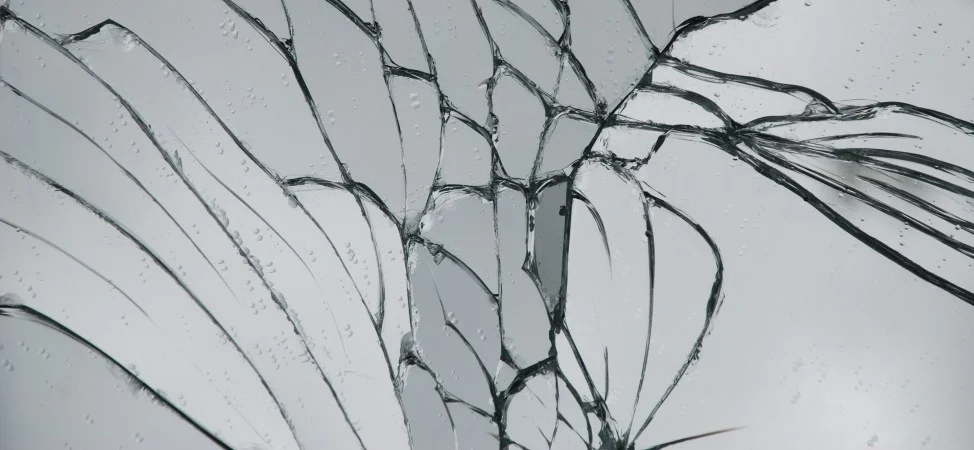There's no getting around the fact that we're all broken. Every last one of us. Hurting, insecure, awkward, prideful. Ruined by illness, ravaged by divorce, raging against the self and the system. It's true: we are fallen. We are screw-ups, messy and wayward. To know thyself--or to know anyone--is to see that this is true. No one is righteous; no not one.
Christians have sometimes tried to hide from this fact--putting on fronts of perfection, perpetuating false images of churches as polished, squeaky-clean country clubs for classy, happy saints... rather than hospitals for the damaged, ailing, addicted, recovering.
Which of course, is not good. The church, and the Gospel upon which it is founded, is not about perfection, but redemption; it's about grace for those who don't deserve it, hope for every single screw-up among us.
And yet I've wondered recently if the church--in reactionary efforts to purge itself of a "perfect/polished" veneer--might be turning "brokenness" into a bit of a fetish: focusing on it ad nauseam, touting it in the name of "grit," "reality," and "authenticity" to the point that the state of being broken is becoming its own sort of works righteousness.
It seems to me that in many churches today and among many evangelicals (particularly edgier Baby Boomers, Gen Xers, emergents and others who've been around the church for along time and are kind of sick of it), "being screwed up" has become something of a badge of honor. "Authenticity" (that is: being upfront about one's messiness) is becoming a higher value than, say, "holiness."
And this kind of saddens me. It saddens me when those who are "messier" are de facto the more "authentic," somehow more believable or relatable than Deacon Joe Straightshooter, who has a solid marriage, is a good family man and doesn't curse in casual conversation (how legalistic!). Why is it that the "I'm not churchy; I'm real!" folks with tattoos and flasks get more airtime these days than the churchy, pleated-khaki wearing, rule-keeping nerds?
It's not that Eddie Edgy and Betty Broken shouldn't be leaders or role models in the church. By all means, they can and should be. But for young people, new Christians--all of us really--I think we also need models of virtue and examples of holiness. We need to be able to see "authenticity" in Straightlaced Stanley and Angelic Angie. We need to be able to see the nice guys and the sweet old church ladies as role models. We need to recognize that goodness is as "real" as brokenness.
We're all broken, yes. But that doesn't mean we should pat ourselves on the back about it and languish together in stagnant waters of self-satisfied imperfection. No, we must always be striving for better... moving toward righteousness, in a positive direction from broken to more whole, from screwed-up to less screwed-up, by the grace of God. To be a Christian is to follow Christ, to aspire to be like him (i.e. holy). For it is written: "Be holy, because I am holy." (1 Peter 1:16).
Brokenness and sin may seem the natural or more "real" state for us, but it's not the ideal. We were made for more, and Christ's atoning sacrifice allows us to become more human. That is, less broken and more healed. More together; not less. In Christ, more complete.

